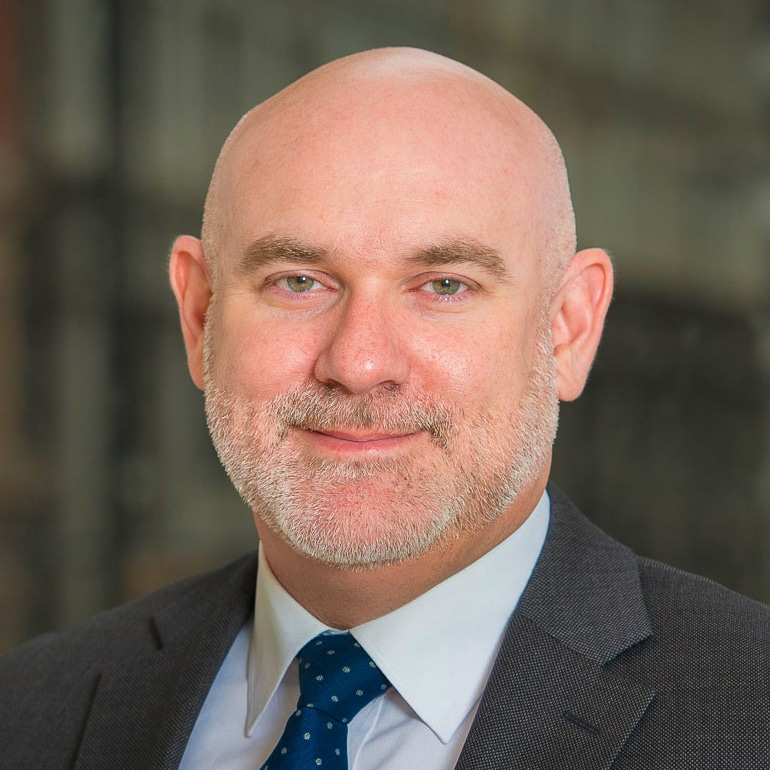The Shifting Paradigm of Teaching
Personalized Learning According to Teachers
Learn about what drives educators to build personalized learning environments in the classroom in The Shifting Paradigm of Teaching: Personalized Learning According to Teachers©. Based on interviews with teachers, instructional coaches and principals, it provides insight on how vision, culture and transparency have impacted personalized learning implementation. Our interviews focused on these guiding questions:
The Shifting Paradigm of Teaching: Personalized Learning According to Teachers results from interviews with individuals from more than 30 schools in 19 districts across the country. Of the 77 people with whom we spoke, 48 are teachers currently implementing personalized learning in their classrooms, and the remaining 29 work closely with teachers to support their work.
The four sections of this paper include:
The Shifting Paradigm of Teaching: Personalized Learning According to Teachers was created in partnership with the National Commission on Teaching & America’s Future (NCTAF) to explore the voices and perspectives of educators implementing personalized learning in the classroom.



